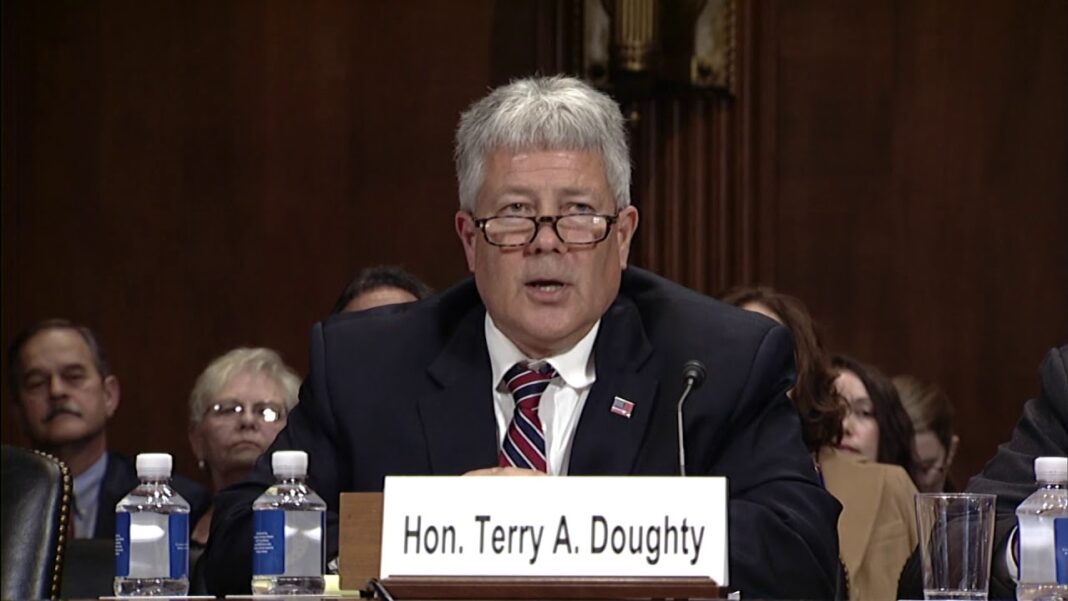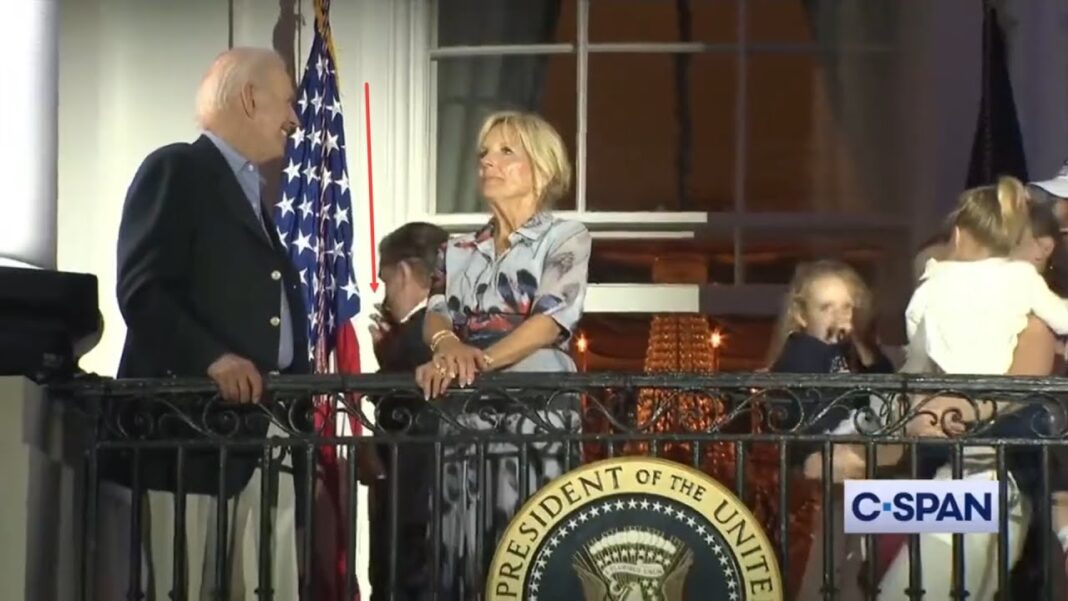More portions of the federal government’s search warrant affidavit for Donald Trump’s Mar-a-Lago home can now be unsealed, ruled a judge in connection to the former president’s classified documents case.
U.S. Magistrate Judge Bruce Reinhart wrote Wednesday that more sealed parts of the affidavit that was used in the FBI raid in August 2022 “should be unsealed.” However, the entirety of the affidavit shouldn’t be unsealed, he wrote, giving the Department of Justice (DOJ) until July 13 to appeal.
In an order (pdf), Mr. Reinhart, who approved the unprecedented Mar-a-Lago FBI search, wrote that the federal government “has met its burden of showing that its proposed redactions of the affidavit are narrowly tailored to serve the government’s legitimate interests and are the least onerous alternative to sealing the entire search warrant affidavit.” It came in response to a petition from media outlets to unseal the affidavit, which he denied.
The judge, meanwhile, wrote that the Justice Department agreed in a sealed filing that some parts of the search warrant could be made available to the public. However, other portions should be sealed to meet “grand jury secrecy rules and to protect investigative sources and methods.”
It is not clear when a less-redacted version of the affidavit will be filed or how the new information will be made to the public.
The DOJ released a redacted form of the search warrant affidavit last August, while the agency released a copy of the affidavit with fewer redactions last September. However, little was revealed about why investigators thought there were crimes committed at Mr. Trump’s home.
Last month, Mr. Trump was indicted on 37 counts in connection to alleged mishandling of classified information, including national defense materials. Mr. Trump also was charged with conspiracy to obstruct justice, making false statements, and other counts. The former president has pleaded not guilty to all the charges.







